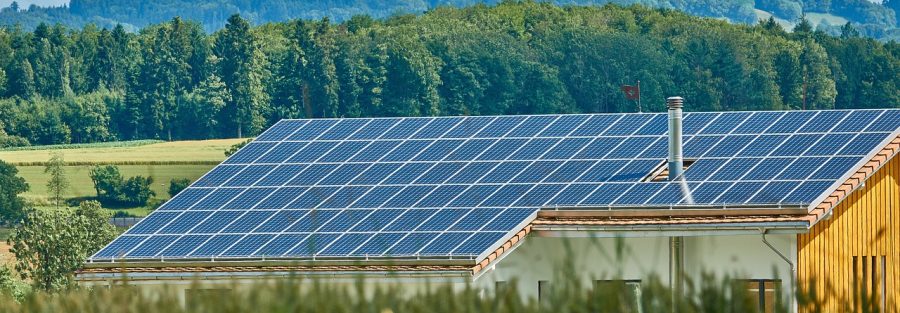One key thing we see today is that more and more businesses are turning to solar power as a sustainable and cost-effective energy solution to run their daily operations. Setting up a solar system for your business can bring a host of benefits, from lowering your energy bills to ensuring you have an independent and uninterrupted power supply (which i believe is the most important thing for business owners). However, there are common pitfalls that you should avoid to ensure a successful transition to solar energy in your business. In this article, we will discuss the four key things to avoid when setting up a solar system for your business.
1. Choosing the Wrong Size System:
One of the most critical aspects of setting up a solar system for your business is determining the right size system for your energy needs. Avoid the mistake of choosing a system that is too small, as it may not generate enough power to meet your requirements. Conversely, opting for a system that is too large can result in unnecessary costs. Conduct a thorough energy audit to accurately assess your energy consumption and choose a system size that aligns with your business needs.
2. Neglecting Proper Site Assessment:
Before installing a solar system, it is essential to conduct a detailed site assessment to determine the best placement for solar panels. Factors such as shading, roof orientation, and available space can significantly impact the efficiency of your solar system. Avoid the error of neglecting this crucial step, as a poorly placed solar system may underperform and fail to deliver the expected energy supply for your business.
3. Cutting Corners on Quality:
When investing in a solar system for your business, it is vital to prioritize quality over cost. Opting for cheaper, lower-quality components may seem like a cost-effective choice in the short term, but it can lead to issues such as reduced system efficiency and increased maintenance costs down the line. Choose reputable solar providers and high-quality components to ensure the longevity and performance of your solar system.
4. Ignoring Maintenance and Monitoring:
A common mistake that businesses make after installing a solar system is neglecting ongoing maintenance and monitoring. Regular maintenance checks are essential to ensure that your system is operating efficiently and to address any potential issues promptly. Additionally, implementing a monitoring system allows you to track your system’s performance and identify any issues early on. Avoid the pitfall of ignoring maintenance and monitoring, as it can impact the long-term reliability and effectiveness of your solar system.
Setting up a solar system for your business can be a rewarding investment that offers numerous benefits. By avoiding common pitfalls such as choosing the wrong system size, neglecting site assessment, compromising on quality, and ignoring maintenance you can ensure a smooth and successful transition to solar energy.





